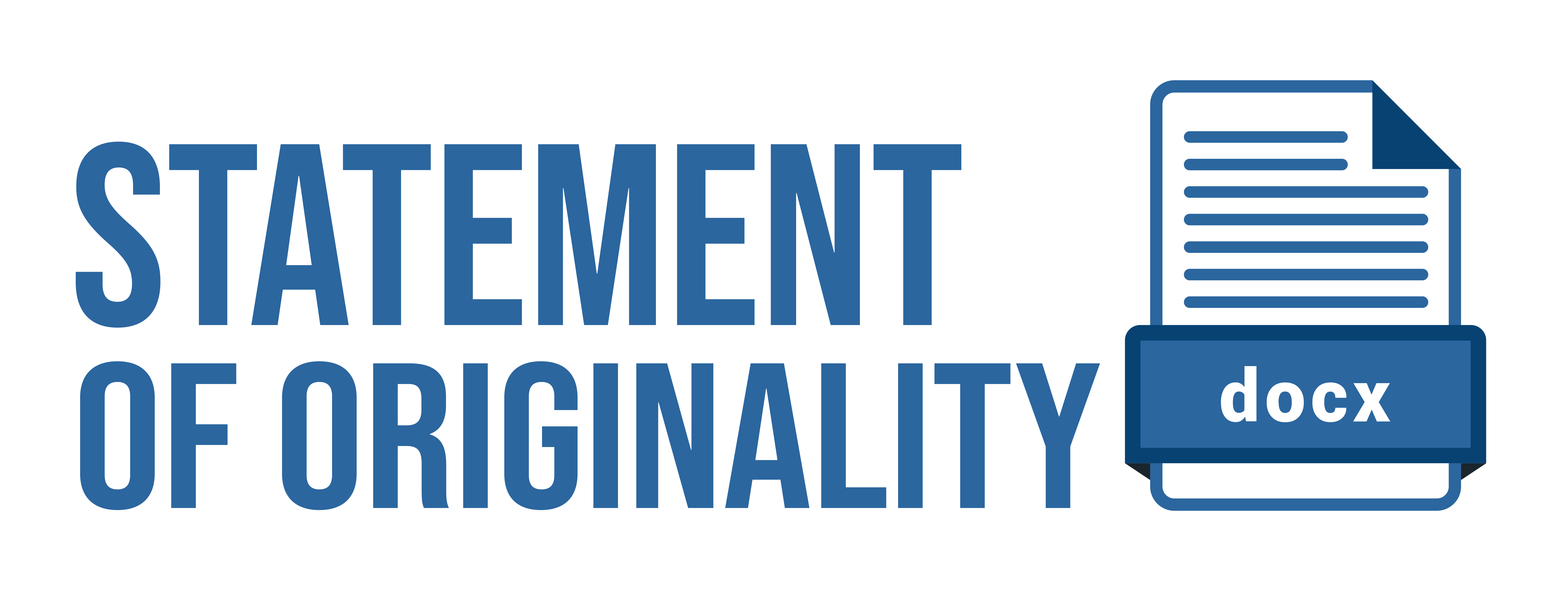New Direction in the Logic of Islamic Law: Through Muhammad Syahrur's Perspective on Qiyas
DOI:
https://doi.org/10.15575/as.v25i2.29931Keywords:
islamic legal logic, syahrur, qiyas.Abstract
This research discusses one of Muhammad Syahrur's controversial methodological ideas. Previous studies related to Syahrur mostly analyzed the legal product side rather than the legal excavation methodology. This article aims to find out what Syahrur offers a new concept in Islamic legal methodology, especially in relation to qiyas. Is this offer a purely new methodology or is it actually just a kind of repackaging of a previously existing method? This type of research is library research, that is, examining data related to the discussion by examining the primary book written by M. Syahrur, namely al-KitÄb wa al-Qur'Än QirÄ'ah Mu'Äshirah and several other data . This research resulted in the conclusion that in the update of the ijtihad methodology tools offered by Syahrur, especially in relation to qiyas, there were several theories which had actually been formulated by traditional ushul fiqh scholars, only then Syahrur packaged them in a different wrapper.
References
Al-Khudhari Beik, Muhammad, Ushul al-Fiqh, Mesir: Darul Fikri, 1969.
Al-Qaradawi, Yusuf, Fiqh al-Awlawiyyat, Kairo: Maktabah Wahbah, 1995.
Ahmad, Anis, "Contemporary Issues in Islamic Jurisprudence," dalam Islamic Studies, Vol. 40, No. 2, 2001.
Az- ZuhailÄ«, Wahbah, UsÅ«l Fikih al-IslÄmÄ«, Damaskus: DÄr al-Fikr,1986.
Barlas, Asma, Believing Women in Islam: Unreading Patriarchal Interpretations of the Qur'an, Austin: University of Texas Press, 2002.
Bagir, Zainal Abidin, “Contemporary Approaches to Islamic Jurisprudence: A Study of Muhammad Shahrur's Thought,†Journal of Islamic Studies, Vol. 60, No. 3 2023.
Bagir, Zainal Abidin, "Menyoal Pemikiran Hukum Islam Muhammad Shahrur," Journal of Islamic Studies, Vol. 60, No. 3 2023.
Chritsmann, Andreas “Bentuk teks (wahyu) Tetap, Tetapi Kandungannya (Selalu) berubah: Tekstualitas dan Penafsirannya dalam Al-Kitab wa Al-Qur’anâ€, dalam Muhammad Syahrur, Metodologi Fiqih Islam Kontemporer, Yogyakarta: Elsaq Press, 2010.
El Fadl, Khaled Abou, Islam and the Challenge of Democracy, Princeton: Princeton University Press, 2021.
El-Fadl, Khaled Abou, Reasoning with God: Reclaiming Shari'ah in the Modern Age, New York: Rowman & Littlefield, 2014.
El-Fadl, Khaled Abou, Speaking in God's Name: Islamic Law, Authority, and Women Oxford: Oneworld, 2001.
Essack, Farid, “Balancing Tradition and Reform: The Contribution of Muhammad Shahrur,†Journal of Islamic Ethics, Vol. 5, No. 2 2020.
Fanani, Muhyar, Fikih Madani Konstruksi Hukum Islam di Dunia Modern, Yogyakarta: LKIS, 2010.
Forum karya ilmiah, Team, Kilas Balik Teoritis Fiqih Islam, Kediri: Purna Siswa Aliyah, 2004.
Hallaq, Wael B., The Impossible State: Islam, Politics, and Modernity's Moral Predicament New York: Columbia University Press, 2013.
Hallaq, Wael B., A History of Islamic Legal Theories: An Introduction to Sunni Usul al-Fiqh, (Cambridge: Cambridge University Press, 1997.
Hazm al-Andalusi, Ibnu, An-Nubadz fi Ushul al-Fikih, Kairo: Maktabah al-Kulliyat al-Azhariyat, 1981.
Ibn Ali as-Syaukani, Muhammad, Irsyad al-fuhul ila tahqiq al-haqq min ‘ilm al-ushul, t.tp: Dar al-Kitab al-‘Arabi, 1999.
Ibn Shalih al-Utsaimin, Muhammad, Al-UshÅ«l min ‘Ilm al-UshÅ«l, Alexandria: DÄr al-ĪmÄn, 2001.
Ismail, Achmad Syarqawi, Rekonstruksi Konsep Wahyu Muhammad Syahrur, Yogyakarta: Elsaq Press, 2003.
Khallaf, Abdul Wahhab, Ilmu Ushul al-Fiqh, Kuwait: Darul Qalam, t.t.
Kurdi dkk, Hermeneutika al-Qur’an dan Hadis, Yogyakarta: Elsaq Press, 2010.
Kamali, Mohammad Hashim , Principles of Islamic Jurisprudence, Cambridge: Islamic Texts Society, 1991.
Moosa, Ebrahim, Ghazali and the Poetics of Imagination, Chapel Hill: University of North Carolina Press, 2005.
Mughits, Abdul, Kritik Nalar Fikih Pesantren, Yogyakarta: Kencana Prenada Media Group, 2008.
Pembukuan Manhaji, Team, Paradigma Fiqih Masail, Kediri: Lirboyo, 2003.
Rahman, Fazlur, Islam and Modernity: Transformation of an Intellectual Tradition, Chicago: University of Chicago Press, 1982.
Ramadan, Tariq, Radical Reform: Islamic Ethics and Liberation, Oxford: Oxford University Press, 2019.
Rumadi, Renungan Santri, Yogyakarta: Erlangga, 2007.
Sulayman ibn Khalaf, Abu al-Walid Al-IsyÄrah fi al-UshÅ«l, (Riyadl: al-Mamlakah al-‘Arabiyyah as-Su’udiyyah, 1997.
Susanto, Filsafat Ilmu Suatu Kajian dalam Dimensi Ontologis, Epistemologis dan Aksiologis, Jakarta: Bumi Aksara, 2011.
Saeed, Abdullah, Islamic Thought: An Introduction, New York: Routledge, 2016.
Suleiman, Yasir, The Qur’an and Modern Society: Revisiting the Linguistic Approach of Muhammad Shahrur, London: I.B. Tauris, 2022.
Saeed, Abdullah, Islamic Thought in the Contemporary World, New York: Routledge, 2020.
Syafiuddin, "Epistemologi Tafsir Kontemporer Muhammad Syahrur," diakses dari repository.iainbengkulu.ac.id.
Saeed, Abdullah, Interpreting the Qur’an: Towards a Contemporary Approach, London: Routledge, 2006.
Syahrur, Muhammad, al-KitÄb wa al-Qur’Än, qirÄ’ah mu’Äshirah, Damaskus: al-Ahaliy, 1990.
--------------, DirÄsah IslÄmiyyah Mu’ūshirah fi ad-Dawlah wa al-Mujtama’, Damaskus: Al-Haliy, t.t.
--------------, Al-IslÄm wa al-ĪmÄn: ManzhÅ«mÄt al-QiyÄm, Edisi terjemah: Islam dan Iman; Aturan-aturan Pokok, Yogyakarta: Jendela, 2002.
--------------, Tirani Islam; Genealogi Masyarakat dan Negara, Yogyakarta: LKIS, 2003.
Wadud, Amina, “Linguistic Innovation in the Qur’an: Muhammad Shahrur's Methodology,†Muslim World Journal, Vol. 59, No. 1 2021.
Zahrah, AbÅ«, UsÅ«l al-Fikih Kairo: DÄr al-Fikr al-Arabi, t.t.
Downloads
Published
How to Cite
Issue
Section
Citation Check
License
The author whose published manuscript approved the following provisions:
- Authors retain copyright and grant the journal right of first publication with the work simultaneously licensed under a Attribution-ShareAlike 4.0 International (CC BY-SA 4.0) License that allows others to share the work with an acknowledgment of the work's authorship and initial publication in this journal.
- Authors are able to enter into separate, additional contractual arrangements for the non-exclusive distribution of the journal's published version of the work (e.g., post it to an institutional repository or publish it in a book), with an acknowledgment of its initial publication in this journal.
- Authors are permitted and encouraged to post their work online (e.g., in institutional repositories or on their website) prior to and during the submission process, as it can lead to productive exchanges, as well as earlier and greater citation of published work (See The Effect of Open Access).






